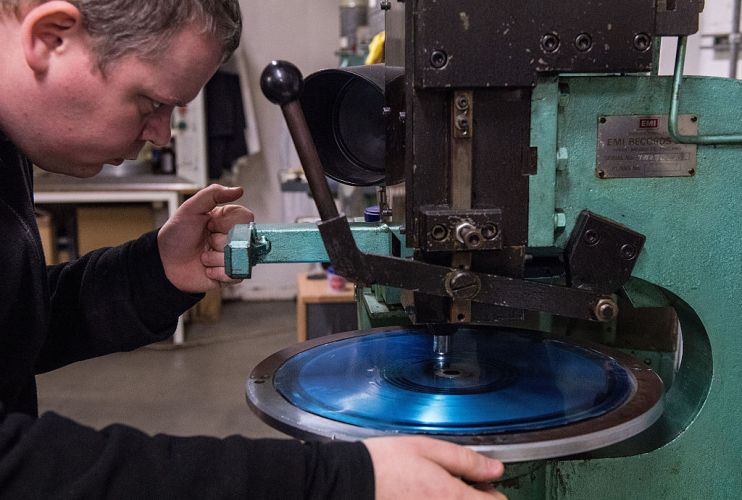Hiring ex-convicts to fill shortages could fight prejudice in the workforce

Deputy Prime Minister Dominic Raab delighted us with some rare wisdom yesterday. To fill in the pressing labour shortages that have been dominating the news agenda recently, Raab suggested employing ex-convicts. The haulage and food factory sectors are only some of the industries affected by shortages that could welcome ex-offenders as part of their workforce. The Justice Secretary said that his ministry should lead the way, committing to hire around 130 ex-inmates by 2023, according to The Times.
There is little to argue with this thinking. Individuals who come out of prison can seriously struggle to find work and housing. But without one or the other these people can’t get back into the fabric of society. The cycle of reformation doesn’t end the second a detainee is released. If we are unable to provide the 12 million people with a criminal record in this country with real possibilities, then the entire prison system is little more than a failure.
Rachel Tynan, from Unlock, a charity to get ex-convicts back into the workforce, sees this as a good opportunity to rethink the impact that criminalisation has on inclusion. But she warns, the language of “using” ex-inmates to fill shortages is problematic. “It signals that these people are a utility that can be thrown away later”, she says. If the government wants to be credible, it needs to commit long-term.
Ex-inmates are often in for a bumpy ride. Prejudice against hiring ex-convicts is still worryingly rampant. Only 17 per cent of ex-offenders find a job within a year of release, according to the Ministry of Justice. This fuels a culture of discrimination. Ex-inmates can have fruitful skills exactly like any other potential employee. The sad reality is many employers fail to see that.
This strategy could actually be a win-win for the government. Labour shortages are a headache for the Tories. The gaps in the workforce are at the crossroads of Brexit and Covid-19, two subjects that the party leadership wants to talk about only in terms of getting the first one “done” and “leading us through” the second one.
We should welcome a move towards inclusion. This debate actually goes back to September when the former Foreign Secretary suggested industries employ inmates for the day. People in prison already do volunteering and community work. Enabling them to do paid work would help them make a dent in their way towards a new life outside prison.
Thinking seriously about these issues is important. Julian Stanley, CEO of the BounceBack Foundation, says that the government is showing a real desire to make these things happen, for instance investing in training within prisons.
A good dose of healthy scepticism, however, is always needed. Individuals in prison, working on rotas or in specific industries, are at risk of exploitation, for instance working longer hours for less pay. Stanley says that the government needs to sort out issues of tax and national insurance, in order to guarantee they work on equal terms. “There are issues around how much inmates can earn that the government needs to solve”, he says.
It’s about time we see a real commitment to bring work to people who have been given a second chance, or who have never had one. This needs to be done in the right way, however. Without the assurance that ex-convicts will be able to keep their jobs once the labour shortage evolves, and without equal protection for inmates, there won’t be any systematic change in the way society perceives convicts. Roll up your sleeves, Raab: your work has only just begun.
